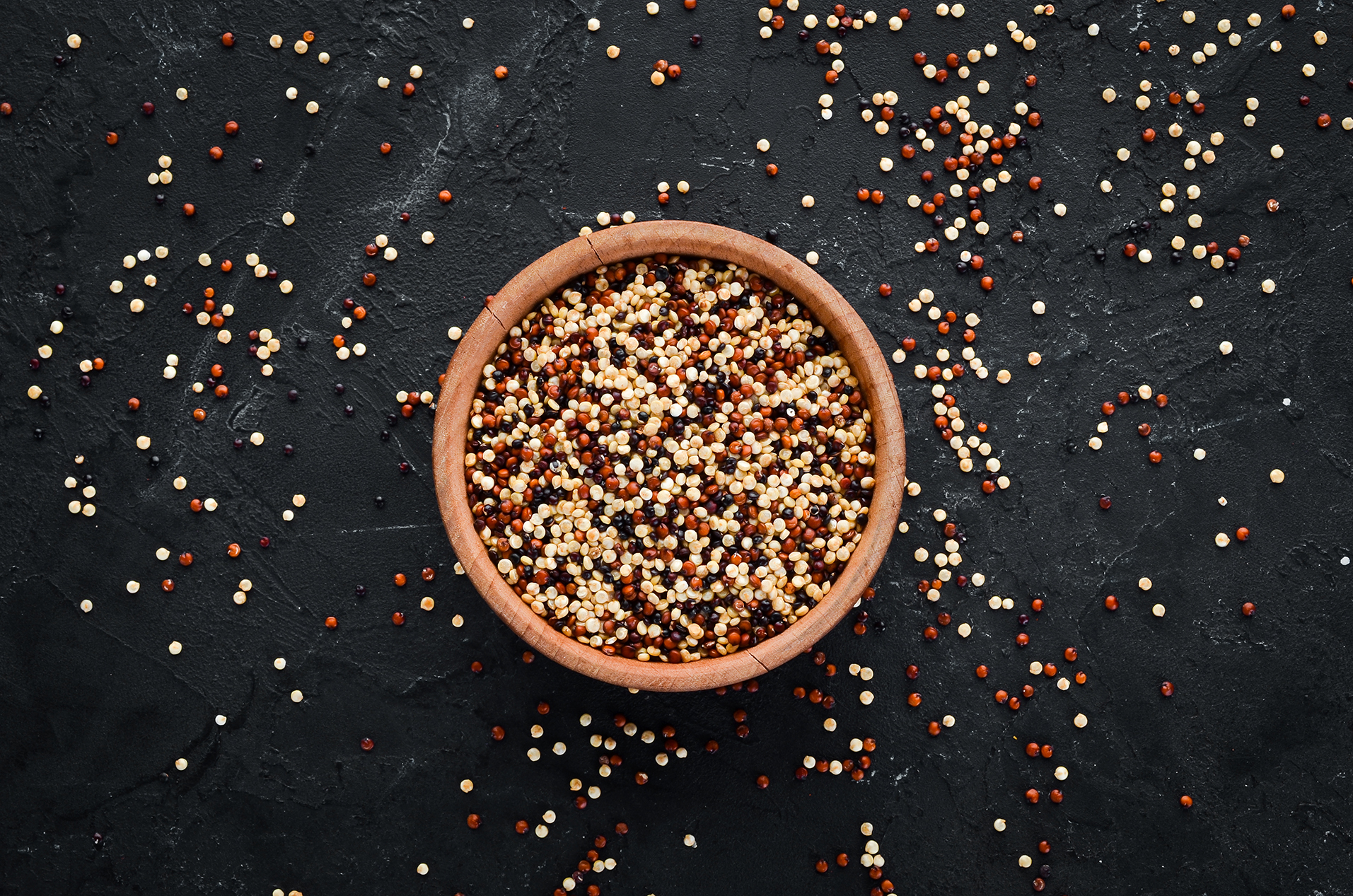by Kay MacInnis, RDN, LD
Diabetes Care and Education Specialist
Many of us made a New Year’s resolution to lose weight, get in shape and take better care of ourselves. With so much information about nutrition and exercise available, it can be hard to know which plan will be most effective for each of us. As a dietitian, I lean on science to help make some of the choices.
Intermittent fasting (IF) is gaining some traction, though it remains to be seen where the science will land on this method of eating. IF focuses not of what you eat, but on when you eat. There are several variations of IF.
Time-restricted Eating Plan
Most people find the 16/8 method an easy starting point. Here is a quick summary: Fast for 16 hours and eat only during an 8-hour window. You can usually eat 2-3 times during this time period. Some people make this pattern work by skipping breakfast or skipping dinner. You eat real food, but only within a certain time frame. There are no special foods or cooking methods required; however, remember even though you are restricting the time you eat, it is important to make healthy choices. You can drink water, unsweetened tea and black coffee during the fasting period, if desired.
Modified Fast
Modified fast is the plan where you eat very little—maybe 20-25 percent of the calories you need on a daily basis—on fast days. This may mean you only eat 500-600 calories per day on fast days. There are several versions of modified fast options.
One is the 5:2 plan, in which you fast two days per week and follow your normal eating habits the other five days of the week. You can drink water, black coffee or unsweet tea on fasting days.
The “Eat-Stop-Eat” plan is fasting for 24 hours once or twice a week. Eat lunch and skip all meals until lunch the next day. Water, unsweetened tea and black coffee are allowed during the fast, nothing else.
How Does IF Work?
There is emerging research that supports IF as a weight loss tool. Food is broken down in the gut and our bodies use the food as fuel. If we don’t use all the fuel, it is stored as energy.
Sugar or glucose enters our cells when insulin unlocks the cell. Insulin brings sugar into the fat cells and keeps it there.
Without a small, constant stream of energy into the body, through snacking or grazing, our insulin levels go down and our fat cells release their stored energy for fuel; thus, weight loss happens. Intermittent fasting lets this process happen. After fasting, the body has exhausted its sugar stores and insulin levels go down far enough that and low enough that we burn fat.
More research is being done to understand the science of IF and determine if it is an effective strategy for prediabetes and diabetes management, heart health, brain health, cancer and even anti-aging.
However, research does not support going without food for long periods of time—like in 24-, 36-, 48- or 72-hour fasting plans. These prolonged periods of fasting may actually support the body to store fat for the “lean” times. Be cautious if you a consider using these longer fast plans and talk with your doctor before you start.
Healthy Food Choices
The main reason IF helps with weight loss is that you eat fewer calories, resulting in weight loss. So, if you overeat or make unhealthy choices during non-fasting times, weight loss may not happen. if you decide to try IF as a weight loss tool, be mindful about how much and what you eat.
As always, dieticians still encourage that you avoid or limit sugars and refined grains, follow a plant- based diet and lean on the Mediterranean-style diet.
When trying IF, marry it with healthy food choices. Weight loss is much more likely to happen if you include complex, unrefined carbohydrates; whole grains; leafy greens and colorful fruits; lean proteins and healthy fats.
Talk With Your Doctor
There is more research to come on IF and weight loss and its effectiveness for long-term use. The research that has been done was on small groups for a short period of time or with animals. But, some aspects of this eating plan make sense. We don’t need to be eating all night while watching television or spending time on our computers.
The bottom line is we need more information. If you want to try to use IF as a tool with weight loss, check with your doctor first. Some medications are dependent upon food intake, so discuss IF with your doctor before making significant diet changes like not eating for an entire day.

Kay MacInnis, RDN, LD
Diabetes Care and Education Specialist










Leave a comment